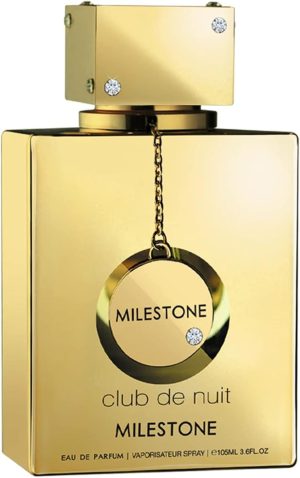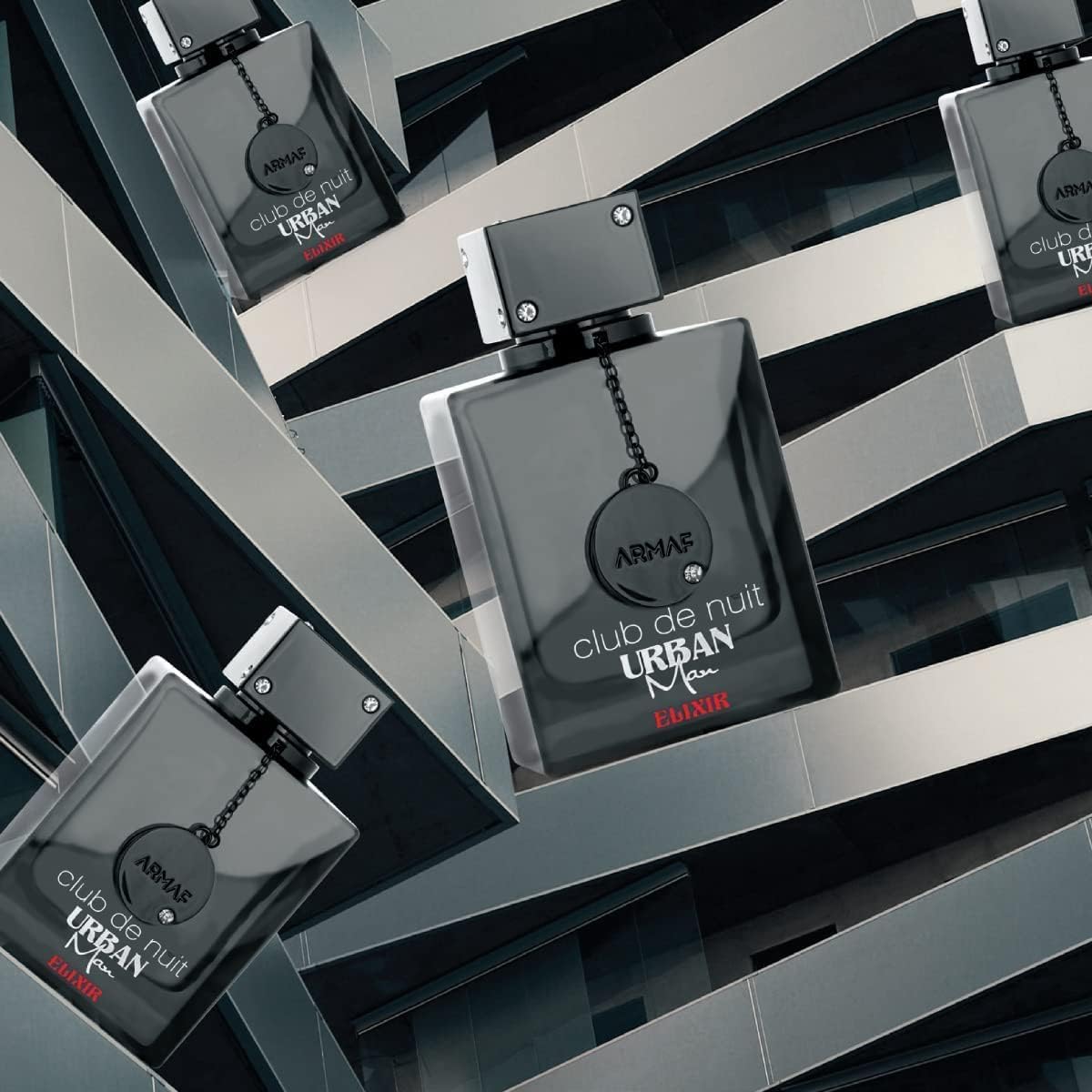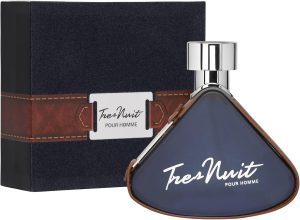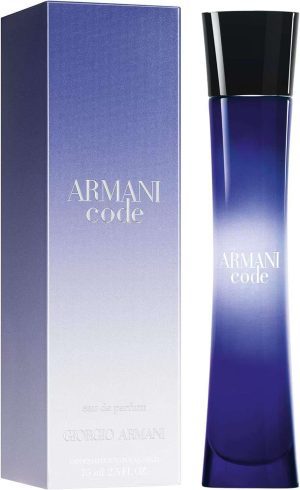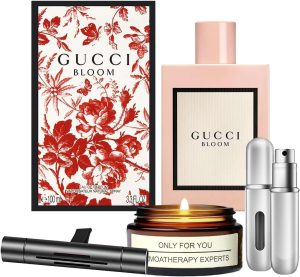- info@manudivers.com
- support@manudivers.com
- Free delivery on UK orders over £150
Fragrances
Showing 1–12 of 159 results
 Christian Dior Sauvage After Shave Balm 100ml
Christian Dior Sauvage After Shave Balm 100ml
 Sapil Intense For Men 3.4 oz EDT Spray
Sapil Intense For Men 3.4 oz EDT Spray
 COLOUR ME Pink Perfume for Women. 100ml
COLOUR ME Pink Perfume for Women. 100ml
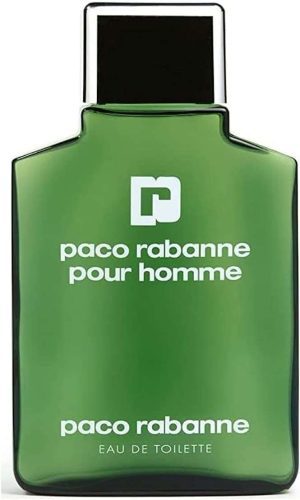 Paco Rabanne EdT Splash & Spray 200 ml
Paco Rabanne EdT Splash & Spray 200 ml
 Giorgio Armani Armani Homme Eau de Toilette - 100 ml
Giorgio Armani Armani Homme Eau de Toilette - 100 ml
Fragrance has been an integral part of human culture for thousands of years, with evidence of its use dating back to ancient civilizations such as Egypt, Mesopotamia, and China. Here are some interesting facts about fragrance:
These facts highlight the rich history and cultural significance of fragrance, showcasing its enduring allure and influence on human society.
Showing 1–12 of 159 results



